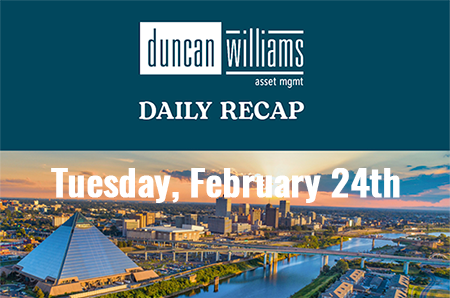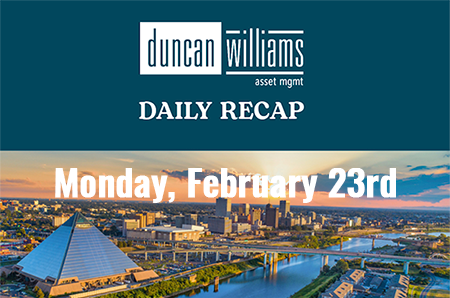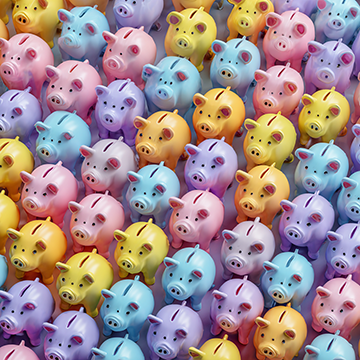With the Federal Reserve in the news so much, do you know how its decisions affect the economy?

The Federal Reserve is responsible for implementing monetary policy in the United States, which involves setting interest rates, controlling the money supply, and regulating banks. Its decisions can have a significant impact on the economy in several ways.
The Federal Reserve's decisions affect the economy through the interest rates it sets. When the Federal Reserve raises interest rates, it makes it more expensive for people and businesses to borrow money, slowing down economic activity. This can lead to lower inflation and a stronger dollar, but it can also lead to lower employment and economic growth.
Conversely, borrowing is cheaper when the Federal Reserve lowers interest rates and can stimulate economic activity. This can lead to higher inflation and a weaker dollar, but it can also lead to higher employment and economic growth.
Another way the Federal Reserve's decisions affect the economy is through its control over the money supply. The Federal Reserve can influence credit availability and economic activity by adjusting the amount of money in circulation. For example, if the Federal Reserve wants to increase economic growth, it can buy government bonds, injecting money into the economy and increasing the credit supply.
Finally, the Federal Reserve also plays a role in regulating banks, which can affect the financial system's stability. By monitoring and regulating the activities of banks, the Federal Reserve can help prevent financial crises and ensure the banking sector's health.
Overall, the Federal Reserve's decisions can significantly impact the economy, influencing factors such as interest rates, inflation, employment, and economic growth.
Questions? We can help you navigate through challenging economic uncertainty.
Call us at 901-435-4250












